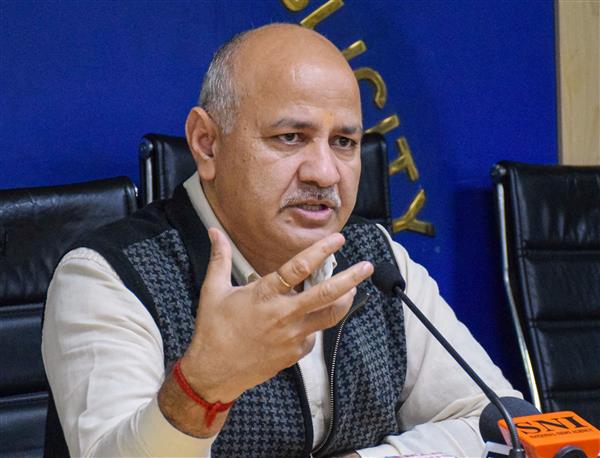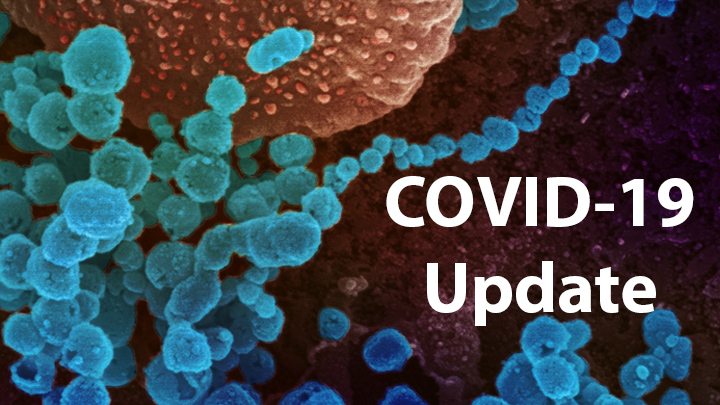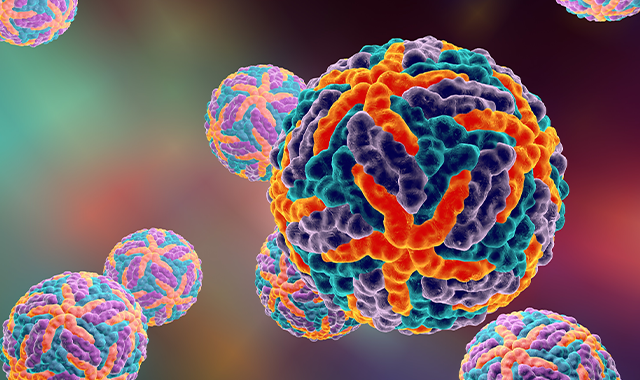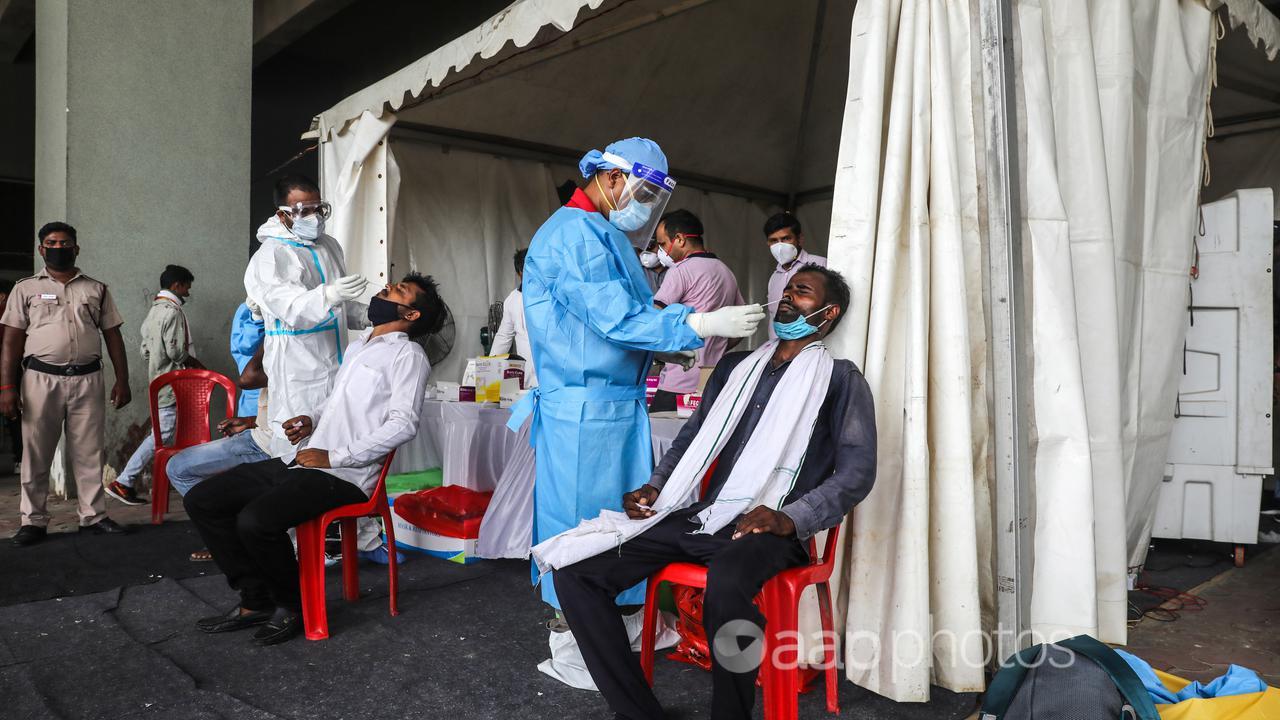On Tuesday, the Ministry of Health in its daily briefing told that all international passengers who have come to India during the last 14 days in between December 19-22, if tested Covid-19 positive will be subjected to genome sequencing, in view of the new Covid19 strain from the United Kingdom.
Six passengers who had come to India from the UK on Tuesday have tested positive for the mutant strain of the coronavirus. The Union ministry of health said that out of the 6 patients, 3 patients were in Bengaluru, 2 in Hyderabad, and 1 was in Pune. All of the patients are kept in isolation in private single room under state government facilities. All of their close contacts have also been put under quarantine. The Ministry of Health under GOI in a statement told media that the sequencing of Genome on other specimens is going on. The variant (mutant) has so far been found in Denmark, Netherlands, Lebanon, Australia, Italy, Sweden, France, Switzerland and Singapore.
Aviation Minister, Hardeep Singh Puri told that he foresees a slight extension of temporary suspension of passenger flight between India and the UK, where the new mutant of coronavirus has been detected. The civil aviation ministry suspended all flights between UK and India from December 23 to 31 over the risk of the new mutated form of the virus.
India reported 16,432 new Covid-19 cases in the 24 hours ending 8 am on Tuesday (morning). This is the lowest increase in daily cases in six months. Of the total, only 2.68 lakh are active cases. Over 98 lakh have recovered from the disease. On Monday 252 additional deaths were reported, and the death till now stands at over 1.48 lakh. On the vaccine front, regulatory approval for Covishield, the Indian variant of Oxford-AstraZeneca’s Covid-19 vaccine, is expected in a few days.








